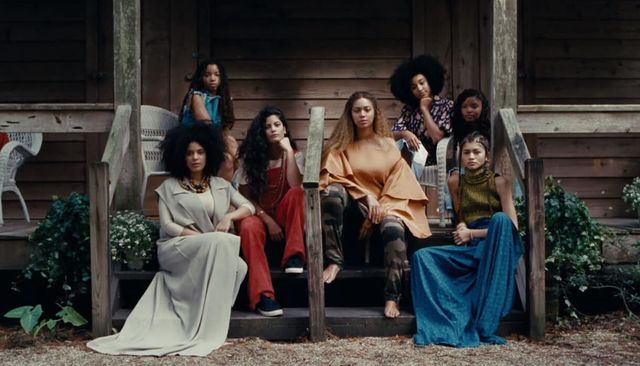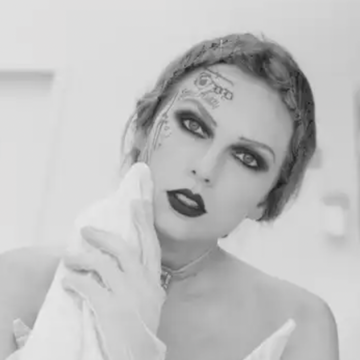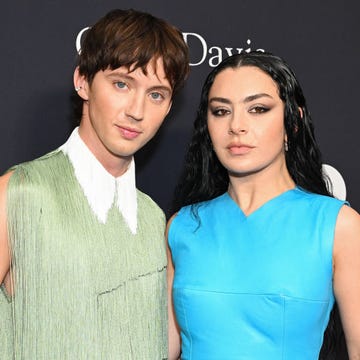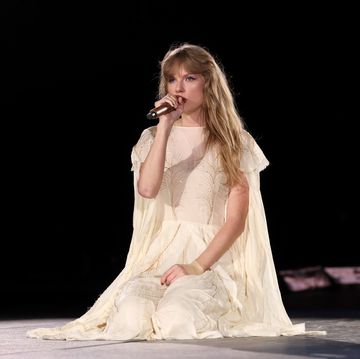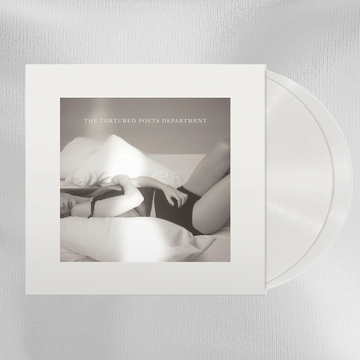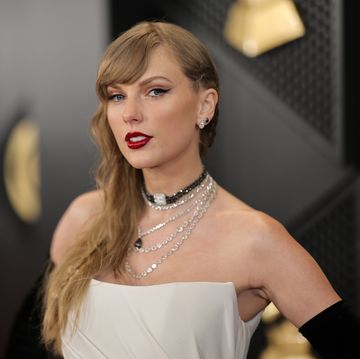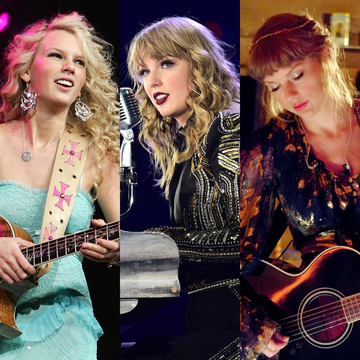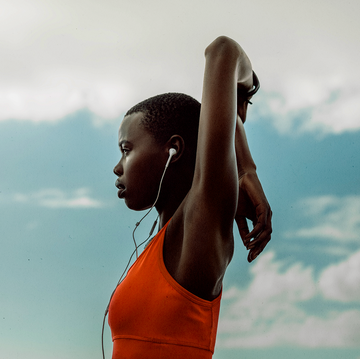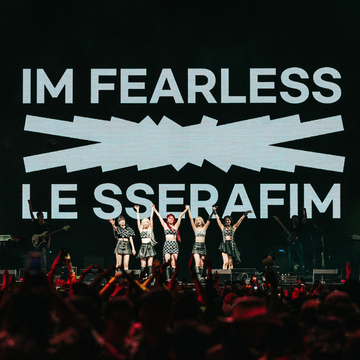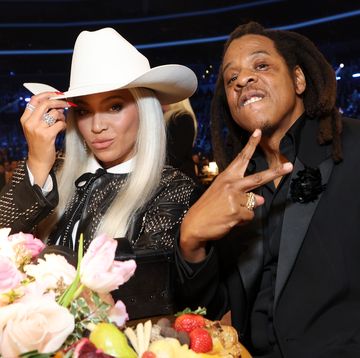On Aug. 20, 2015, my paternal grandmother passed away. Nana, as her grandchildren and great-grandchildren called her, was my last living grandparent. In my final conversation with her, she told me how proud she was of me. We joked about her first selfie, which happened at the age of 84. I told her I would see her soon and that I loved her. I did not know it would be our last conversation, but it was characteristic of our relationship: expressions of pride, joy, love, and wisdom. When she passed, my work schedule and responsibilities as a daughter, friend, godmother, and partner, kept me from feeling the weight of the loss. In truth, I did not allow myself time to process my sadness.
Lemonade helped me grieve and cry for Nana, and all of my grandmothers, in a way I had not until then. While the more racy and provocative songs and images about infidelity (whether they were autobiographical or not) became the focus of many folks responding in real-time, I was more struck by the film's depiction of black women communing. Lemonade wasn't just a visual album about cheating; it was a visual album about the power of black women's kinship across generations. It shows our communal spaces as healing, loving, and necessary. If I was crying for my grandmother, it wasn't only because I missed our bond — it was because I was witnessing that bond being celebrated in pop culture.
Lemonade is Beyoncé's most ambitious project to date. It interweaves the intimate experiences of black women (the group dinner, for example) with the political experiences of black women (the fact that our sons and our daughters are getting killed). During "Don't Hurt Yourself" we hear Malcolm X assert, "The most disrespected person in America is the black woman." The sampling is from a 1962 speech; it's over 50 years old and yet its inclusion feels timely amidst the emergence of campaigns like #SayHerName, the movement to include black women in the conversation about police violence, and the White House's new initiative focused on achieving equity for women and girls of color. Malcolm X's words are introducing a song about infidelity — a "personal" site of disrespect. And yet it goes so far beyond that: Beyoncé is using the personal to bring attention to a broader disrespect aimed at black women.
The album laces stories of a heartbroken lover with the gut-wrenching pain of mothers who have lost their children to state violence. It juxtaposes raw, universal emotion (being "jealous or crazy" in "Hold Up") with the richness and depth of black spirituality from across the African diaspora (the baptismal water-ceremony scene in "Love Drought"). Beyoncé exhibits both a "baddest chick in the game" bravado ("Sorry") and a vulnerable side ("Daddy Lessons"). Her story moves from the emptiness of betrayal to the fullness of sisterhood, a space to imagine redemption, forgiveness, and reconciliation. Lemonade is a true blend of bitter and sweet, skillfully mixed into a special cocktail where only a select few can decipher all the ingredients.
The water, the substantive core of this delicious cocktail, is black women, young and old, both seen and heard throughout Lemonade. Black women and black womanhood almost exclusively drive this project. Visually and lyrically, the references range from Julie Dash's Daughters of the Dust to Toni Morrison's Beloved (see: Beyoncé soaking in a tub in "Pray You Can Catch Me") to Ntozake Shange's For Colored Girls Who Have Considered Suicide/When The Rainbow Is Enuf, referenced in multiple scenes in which black women and girls convene in rich and vibrant colors.
Beyoncé also recites in several sections the searing and melodiously rhythmic words of Somalian poet Warsan Shire. The sample that stood out most to me was from Shire's "Anger": If it's what you truly want ... I can wear her skin over mine. Her hair over mine. Her hands as gloves. Her teeth as confetti. Her scalp, a cap. Her sternum, my bedazzled cane. We can pose for a photograph all three of us. Immortalized ... you and your perfect girl. The visual image that comes to life in these words speaks to the fantastical complexity of dealing with infidelity — and even in a moment of despair and rage, Beyoncé (via Shire's words) is connecting to another woman, albeit through violent imagery.
Following "Anger," I was ecstatic watching Serena Williams ("Sorry") and Beyoncé team up, with Bey reimagining Serena's iconic Sports Illustrated Cover and Serena twerking around her (possibly my favorite GIF from Lemonade). Here are two of the most popular and talented people in their respective fields coming together in support of one another, sitting side-by-side on their "thrones," reminding everyone: We defied the odds and ascended to the top of our game. In the words of Jay Z's grandmother Hattie, who also appears in the film via family footage, they turned lemons into lemonade.
The final visual of Lemonade may have been of Beyoncé, Jay Z, and Blue dancing joyously together, but it was the image just before that of Beyoncé, Zendaya, Amandla Stenberg, Ibeyi, and Chloe and Halle sitting on the porch that etched into my memory from my first viewing of the feature. It was the faces of the mothers of Trayvon Martin, Eric Garner, Michael Brown, and Oscar Grant that brought tears to my eyes. And it was the gathering of women at the feast and the brushing of the white hair of a brown-skinned elderly woman that made my heart smile. Through these images, Lemonade compels viewers to witness the beauty and dynamism of the multigenerational spaces black women create and inhabit, spaces where #BlackGirlMagic thrives.
Lemonade tells a story that is at once deeply personal and complexly expansive. Beyoncé and her collaborators created a land of and for black girls. My grandmothers — Nana, Ella Ruth, Lula Pearl, Rose, and Heath — they each made lemons out of lemonade as poor black women growing up in the South. This album captures that; it captures them.
Follow Treva on Twitter.
